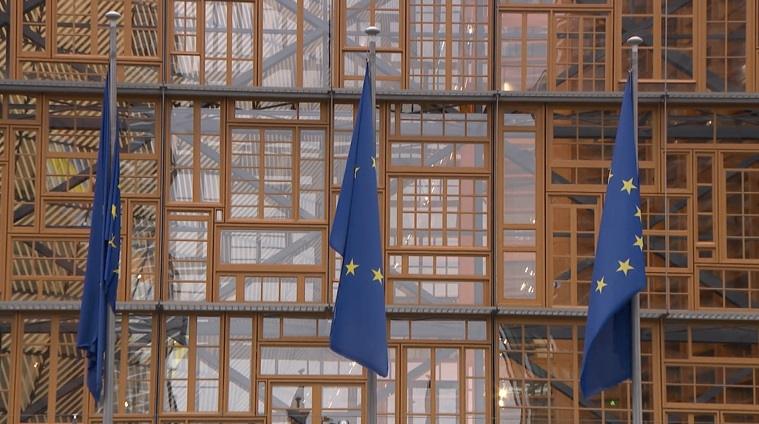The European Council announced today that EU member states have adopted a decision to open negotiations with the UK towards an agreement to link their emissions trading systems (ETS), forming part of efforts to bring re-align the EU and UK in key areas that have been developing separately since Brexit.
Established in 2005, the EU ETS puts a price on carbon emissions for key GHG intensive sectors, including electricity and heat generation, oil refineries, steel, cement, paper, chemicals, and commercial aviation, among others. The EU ETS is expected to generate revenues of approximately €40 billion from 2020-2030. In 2023, the EU Commission adopted the Carbon Border Adjustment Mechanism (CBAM), effectively a carbon tax on imported goods, aimed at avoiding “carbon leakage,” a situation in which companies move production of emissions intensive goods to countries with less stringent environmental and climate policies, by equalizing the price of carbon paid for EU products operating under the EU ETS with that paid for products produced in other countries.

Following Brexit, the UK launched its own Emissions Trading Scheme in 2021 to replace its participation in the EU’s ETS. The UK has also announced plans to introduce its own CBAM in 2027.
The authorization to begin negotiations follows the EU-UK summit in May 2025, resulting in a “Common Understanding” agreed between the European Commission and the UK, which included plans to work towards linking their respective carbon markets to enable carbon allowances issued by the EU or UK to be recognized as complying with the greenhouse gas emissions trading system of the other jurisdiction.
According to the position adopted by Council, the EU-UK agreement should comprehensively cover how the linked ETS systems operate, and clearly define the sectors included, in addition to establishing a process for to add more sectors in the future, with the linkage allowing goods from both jurisdictions to qualify for mutual exemptions from each side’s CBAM mechanisms.
In addition to linking the ETS’s the Council also greenlighted negotiations with the UK to align Great sanitary and phytosanitary standards, removing the need for most certificates and checks on animals, plants, and related products moving between the UK and the EU.
Marie Bjerre, Minister for European affairs of Denmark, said:
“Last May we agreed with the UK to open a new chapter in our relationship. With today’s decision, we now set out to deliver concrete results. Agreement on these areas will lead to important reductions in the burdens faced by businesses in both the EU and in the UK and will benefit our consumers. We therefore approach negotiations with a hope that they can be finalised swiftly.”

